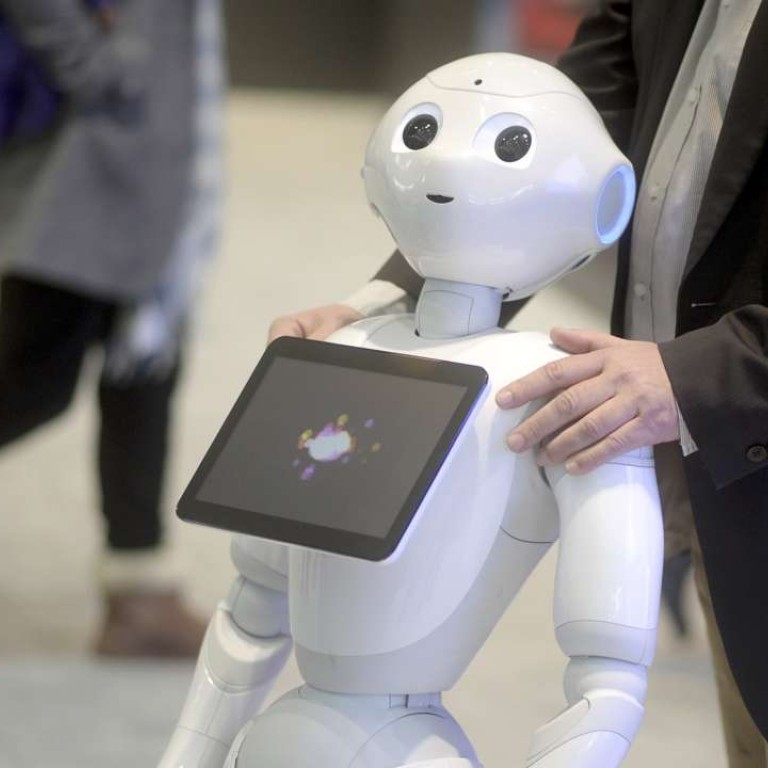
Tech-savvy Chinese consumers drive growth for smart home appliances
Smart home technology on par with mobile payments and wearable tech in playing key role in pushing forward innovative technology in China
From mobile app controlled washing machines, to refrigerators with touch screens and household robots, China’s smart home appliances will see steady growth, analysts say.
Growth opportunities in the industry will be driven by demand from tech-savvy Chinese consumers who embrace smart home technology to a greater extent than their global counterparts, according to Germany-based market researcher GfK.
In an international survey conducted by GfK, more than 75 per cent of people interviewed in China said that smart home technology will impact their lives in the next few years, compared to the global average of just over 50 per cent.
“This makes China one of the best informed markets on smart home technology, giving retailers and suppliers a strong start,” said GfK in a report based on data and interviews from 1,000 respondents in seven countries.
The survey results put smart home technology on par with mobile payments and wearable tech as trends that have played a key role in pushing forward innovative technology in China.
Growth in consumer demand is seen as crucial for the Chinese economy which has been seeking to undergo a painful transition from an export and manufacturing-led economy to a more market-oriented economy.
Amid a global economic downturn and China’s “new normal” growth rate, sales revenue for home appliances fell from double-digit growth rates to flat growth from 2011 to 2015, according to the China Household Electrical Appliances Association.
With an increasing ageing population in China, we believe the home-caring and home-nursing robots have great potential
Deutsche Bank analysts Richard Huang Rui and Anne Ling attributed the decline to China’s slowing economy and a saturated penetration of home appliances in urban households.
China’s home appliance sales grew 2 per cent to 1.4 billion yuan (HK$1.67 billion) in 2015, according to the industry association. GfK analysts predict that the growth rate will double to 4 per cent this year as Chinese consumers become more receptive to innovative technology.
On an industry-wide level, smart washing machines, refrigerators and air conditioners have all increased their market share over the past year, according to figures from GfK, indicating consumer demand for such high-tech products.
Of the three products, smart washing machines are the most developed as a high-tech version, accounting for 14.3 per cent of traditional drum washers in 2015, up from 1.5 per cent in 2012, according to GfK.
After a visit to the Appliance World Expo in Shanghai in March, Deutsche Bank analysts pinpointed Chinese appliance maker Haier Group, which was an exhibitor at the expo, as one of the pioneers in developing smart home solutions.
In the first half of 2015, Haier sold 1.1 million smart consumer electronic products, accounting for 3.2 billion yuan in sales revenue, or 8 per cent of its total revenue for that period.

Aside from smart home appliances, Deutsche Bank analysts also highlighted the burgeoning robot industry in China in a recent report.
Service robots manufactured by industry players like Haier, Midea and Gree specialise in applications such as home security, detecting water or gas leaks, doing housework, and even telling stories to children.
“With an increasing ageing population in China, we believe the home-caring and home-nursing robots have great potential,” said Deutsche Bank analysts.
China’s elderly population, or those above age 64, is expected to increase from 131 million currently to 200 million by 2025, representing 14 per cent of the total population, according to figures from the United Nations.
While analysts say the robot industry is still at an investment stage in China, they believe market demand for household robots will increase in the coming years.

